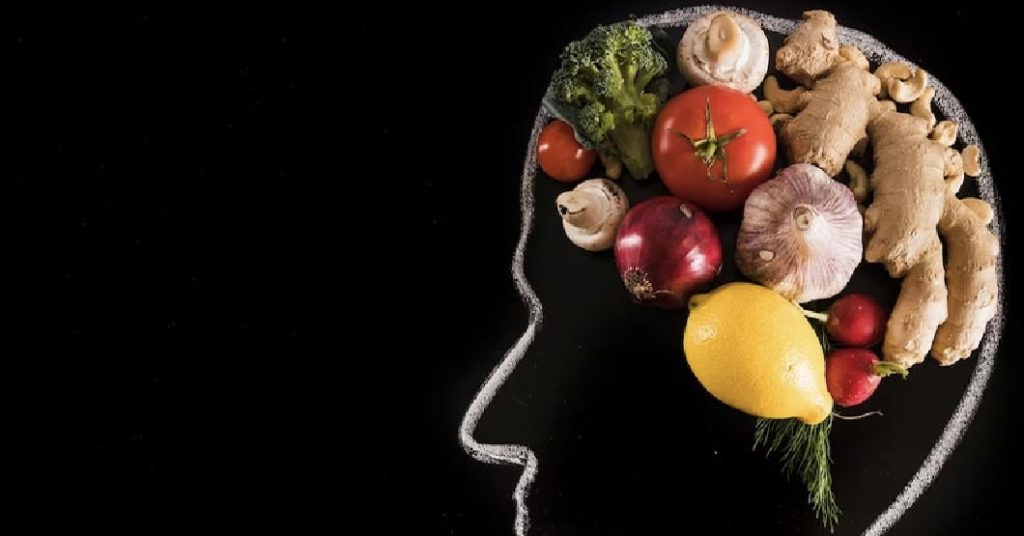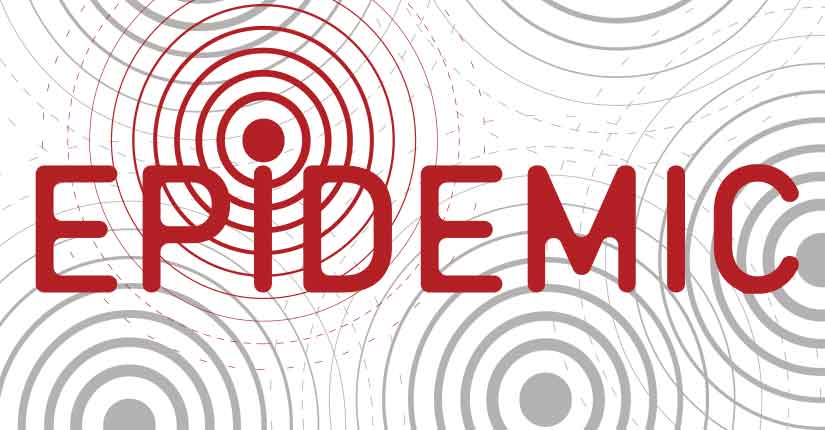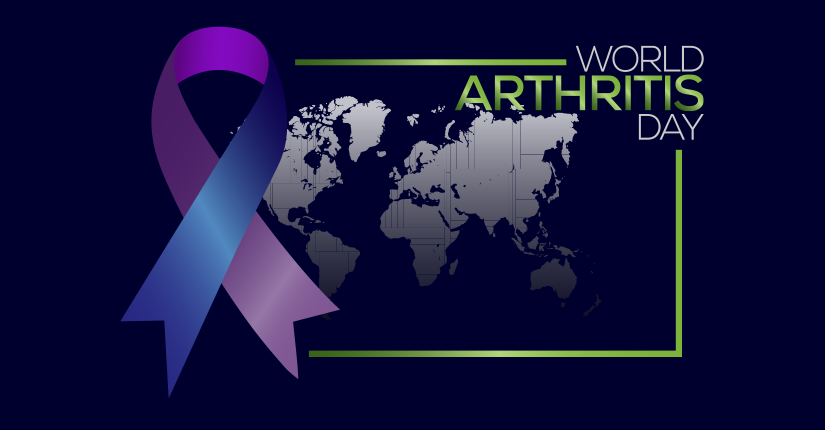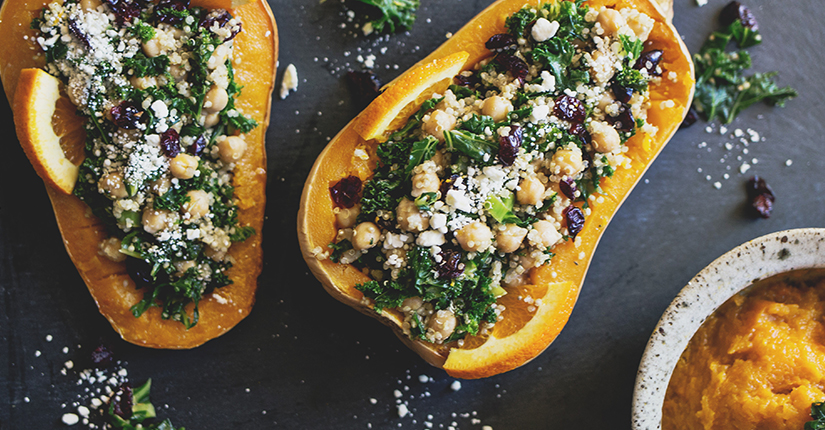Understanding the MIND Diet: A New Way to Eat for Brain Health
By Nmami Agarwal 26-Jun 2023 Reading Time: 5 Mins

What Is It?
The Mediterranean-DASH Diet Intervention for Neurodegenerative Delay, or MIND diet, targets the health of the aging brain. Dementia is the sixth leading cause of death in the United States, driving many people to search for ways to prevent cognitive decline.
DASH, which stands for Dietary Approaches to Stop Hypertension, is a dietary pattern especially designed to help lower high blood pressure (Hypertension). It is a well-researched and evidence-based eating plan that highlights consuming nutrient-rich foods to support heart health.
The MIND diet highlights consuming specific foods that have been associated with cognitive benefits while limiting or avoiding foods that may have a negative impact on brain health.
How It Works
The MIND diet, partially based on the Mediterranean and DASH diets, could directly prevent the onset or slow the progression of dementia. All three diets highlight plant-based foods and limit the intake of animal and high-saturated fat foods. The MIND diet recommends specific “brain healthy” foods to include and five unhealthy food items to limit.
- The healthy items the MIND diet guidelines suggest include:
- 3+ servings a day of whole grains
- 1+ servings a day of vegetables (other than green leafy)
- 6+ servings a week of green leafy vegetables
- 5+ servings a week of nuts
- 4+ meals a week of beans
- 2+ servings a week of berries
- 2+ meals a week of poultry
- 1+ meals a week of fish
- Mainly olive oil if added fat is used
The unhealthy items, which are higher in saturated and trans fat, include:
- Less than 5 servings a week of pastries and sweets
- Less than 4 servings a week of red meat (including beef, pork, lamb, and products made from these meats)
- Less than one serving a week of cheese and fried foods
- Less than 1 tablespoon a day of butter/stick margarine
- The sample meal plan is roughly 2000 calories, the recommended intake for an average person. If you have higher calorie needs, you may add an additional snack or two; if you have lower calorie needs, you may remove a snack. If you have more specific nutritional needs or would like assistance creating additional meal plans, consult a registered dietitian.
- Breakfast: 1 cup cooked steel-cut oats mixed with two tablespoons slivered almonds, ¾ cup fresh or frozen blueberries, a sprinkle of cinnamon
- Snack: 1 medium orange
- Lunch: Beans and rice – Heat 1 tbsp olive oil in a medium pot. Add and sauté ½ chopped onion, 1 tsp cumin, and 1 tsp garlic powder until onion is softened. Mix in 1 cup of canned beans, drained, and rinse. Serve bean mixture over 1 cup of cooked brown rice.2 cups salad (e.g., mixed greens, cucumbers, bell peppers) with dressing (mix 2 tbsp olive oil, 1 tbsp lemon juice or vinegar, ½ teaspoon Dijon mustard, ½ teaspoon garlic powder, ¼ tsp black pepper).
- Snack: ¼ cup unsalted mixed nuts.
- Dinner:3 ounces baked salmon brushed with same salad dressing used at lunch,1 cup chopped steamed cauliflower, one whole grain roll dipped in 1 tbsp olive oil.
Conclusion:
Numerous studies have linked the Mediterranean diet to various health benefits, including reduced risk of heart disease, lower rates of certain cancers, improved brain health, better weight management, and lower incidence of chronic conditions like diabetes and Hypertension.
It’s important to note that while the MIND diet is associated with brain health benefits, it is not a guaranteed preventive measure against neurodegenerative diseases. However, adopting this dietary pattern and other healthy lifestyle choices like regular physical exercise and cognitive stimulation may contribute to overall brain health and well-being. Consulting with a healthcare professional or a registered dietitian can provide personalized guidance on incorporating the MIND diet or any dietary changes into your lifestyle.





















